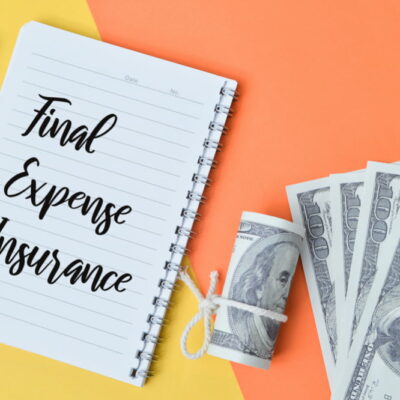
finance
15 critical details to know about Medicare coverage
Medicare is a federal primary insurance program that is offered to elderly seniors. It is available for both working and retired seniors as a benefit to pay for rising healthcare costs. Even young adults suffering from a disability or those diagnosed with end-stage renal disease can avail of this benefit. Medicare is a complicated insurance program that entitles many tricky terms and conditions. Here are 15 essential things you should know about Medicare. It’s a government-sponsored insurance Medicare is something that you can additionally avail over any existing insurance plans to provide coverage for treatment. You need to apply before you turn 65 Applications start three months before you turn 65 and end four months post your 65th birthday, giving you seven months to enroll for the plans. There are four parts Medicare is divided into four main parts, with Part A and B forming the original Medicare. Original covers both the inpatient and outpatient needs, whereas Parts C and D are special advantage plans that help cover special costs and prescriptions. You can choose between Original and Advantage plans Original Medicare only covers Part A and B, with an option to choose Part C to pay for prescriptions. Or choose Part C with optional D coverage.




















